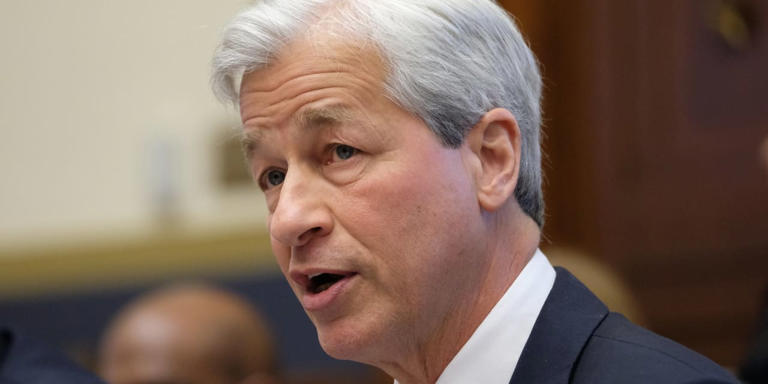The recent uptick in diplomatic engagement between the United States and China has been notable, yet it’s crucial to recognize that this doesn’t automatically equate to a strengthening of trust between the two nations. Ian Bremmer, the president and founder of Eurasia Group, a renowned political risk consultancy, underscored this point in a recent interview with Bloomberg TV. While there has been a surge in bilateral discussions and exchanges, the underlying mistrust between the US and China remains a significant challenge in their relationship.
The thaw in US-China relations gained momentum following a pivotal meeting between US President Joe Biden and Chinese leader Xi Jinping during the Asia-Pacific Economic Cooperation (APEC) summit in San Francisco last November. This encounter signaled a willingness on both sides to address longstanding tensions and explore areas of potential cooperation. Since then, there has been a discernible stabilization in the overall tone of the relationship, although fundamental disagreements persist across a range of issues, including trade, technology, and geopolitics.
High-level engagements have become more frequent, exemplified by Treasury Secretary Janet Yellen’s recent visit to China, where she sought to foster cooperation on economic matters beneficial to both countries. Similarly, Defense Secretary Lloyd Austin’s discussions with his Chinese counterpart underscored efforts to manage strategic differences and prevent potential conflicts. The upcoming visit of Secretary of State Anthony Blinken to China further underscores the diplomatic push to address contentious issues and maintain open channels of communication.
However, Bremmer cautions against interpreting these diplomatic overtures as indicative of a deepening trust between Washington and Beijing. Despite the increased dialogue, both sides harbor significant reservations and mistrust toward each other, complicating efforts to achieve meaningful progress on key issues. While conflicts are being managed in a more calibrated manner to prevent escalation, underlying tensions continue to pose challenges to the overall stability of the relationship.
One area where enhanced communication has yielded tangible benefits is in managing tensions over Taiwan, a longstanding flashpoint in US-China relations. By establishing clear red lines and fostering a nuanced understanding of each other’s positions, the risk of a direct confrontation over Taiwan has been mitigated, reducing the likelihood of a destabilizing conflict.
In conclusion, while the recent surge in diplomatic engagement between the US and China is a positive development, it does not signify a fundamental improvement in trust between the two nations. Both sides continue to navigate their complex relationship with caution, seeking to balance cooperation and competition while safeguarding their respective interests. Sustained dialogue and pragmatic engagement will remain essential in managing tensions and promoting stability in the US-China relationship moving forward.
